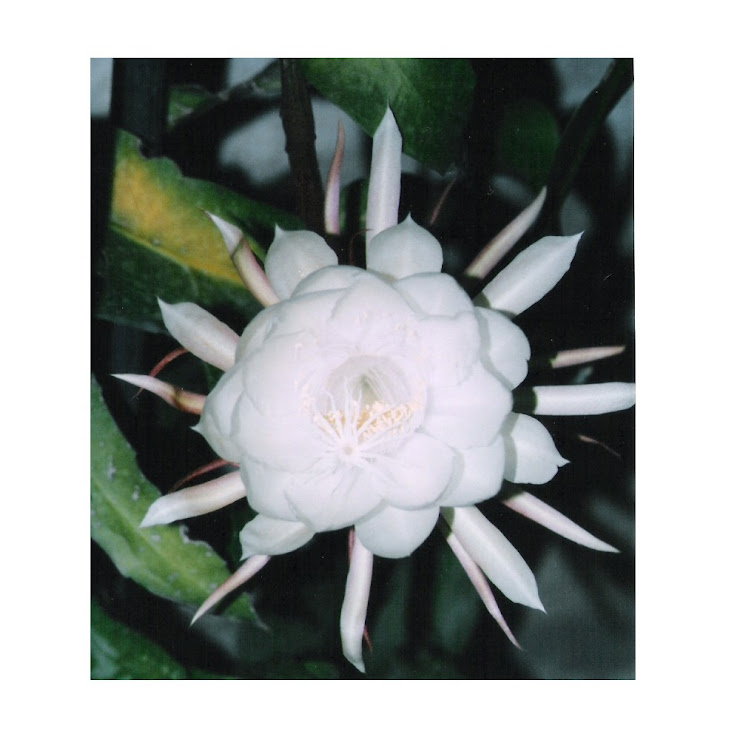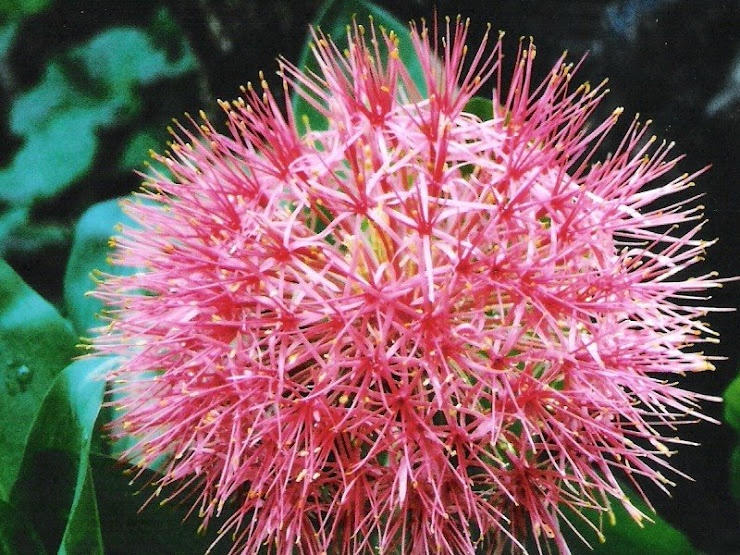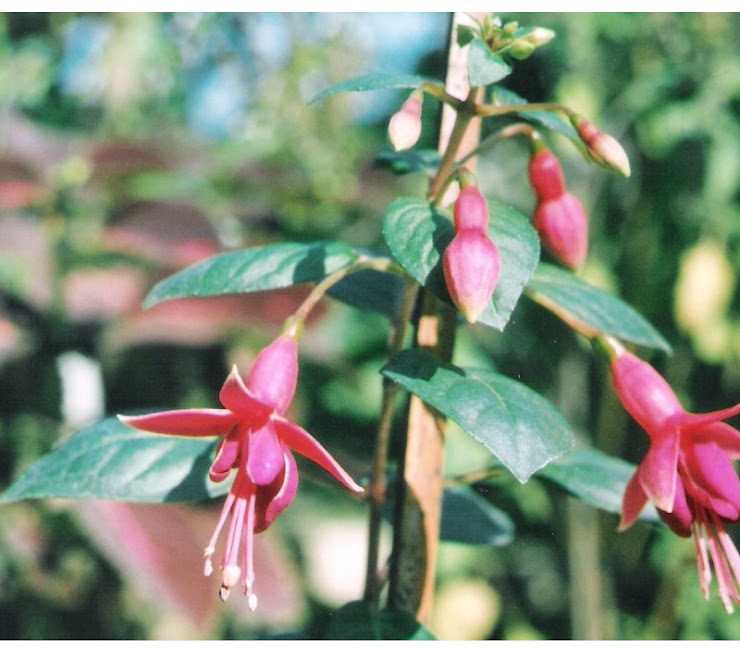Making Compost
What is composting?
Composting is the decomposition of plant remains and other once-living materials to make an earthy, dark, crumbly substance that enriches soil. It is a process of recycling your kitchen and garden wastes, and is a critical step in reducing the volume of garbage needlessly sent to landfills for disposal.
How old is the composting practice?
It is as old as man. Some cultures practised it more than others. In recent times, its advantages have made it an important part of agricultural practice worldwide. It is gaining recognition as a safe method to regenerate the earth. In the natural world, composting is what happens as leaves pile up on the forest floor and begin to decay. Eventually, living roots reclaim nutrients from the rotting leaves. This completes nature’s recycling process.
Are there different kinds of composting?
Yes, there are three kinds of composting.
• Aerobic composting (composting with air – in the presence of oxygen) Daily Dump uses this process.
• Anaerobic composting (composting without air – in sealed spaces)
• Vermi composting (composting that is speeded up by earthworms)
Is composting recycling?
Yes, because compost is nature’s way of recycling nutrients.
Is weather a factor?
Yes, compost happens faster in warm weather. Our Indian weather is ideal for composting in most parts of the country. We just have to make sure that the moisture is right in places where it gets too hot and dry.
Does composting reduce global warming?
Yes, composting helps prevent global warming by reducing emissions of methane, a powerful greenhouse gas that is produced when organic waste decomposes when buried in landfill sites.
How does composting benefit the earth?
Research shows that harmful emissions are reduced if large volumes of organic waste are scientifically managed and converted to compost. The resultant compost is very rich in nutrients for the earth and replenishes top soil without adverse side-effects.
Also, composting reduces the volume of waste that you throw out. After you convert your organic waste into compost, you can reuse the compost in your garden. There, the compost recycles nutrients back into the soil and plant life. Increased plant growth helps to restore the green cover of your neighbourhood. This way composting benefits the earth.
Can compost replace petroleum-based fertilisers?
Yes. Soil needs what compost’s life processes give: nutrients that release their nutrition gradually and in small doses over long periods of time.
Synthetic fertilisers provide quick jolts of nutrition to the plant roots, but in the process, they stymie root development, while compost-enriched soils encourage healthy and abundant root development. Without the life processes that distinguishes composted soil from soil fertilised with synthetic ingredients, the skin of our planet will quickly die.
Composting is the decomposition of plant remains and other once-living materials to make an earthy, dark, crumbly substance that enriches soil. It is a process of recycling your kitchen and garden wastes, and is a critical step in reducing the volume of garbage needlessly sent to landfills for disposal.
How old is the composting practice?
It is as old as man. Some cultures practised it more than others. In recent times, its advantages have made it an important part of agricultural practice worldwide. It is gaining recognition as a safe method to regenerate the earth. In the natural world, composting is what happens as leaves pile up on the forest floor and begin to decay. Eventually, living roots reclaim nutrients from the rotting leaves. This completes nature’s recycling process.
Are there different kinds of composting?
Yes, there are three kinds of composting.
• Aerobic composting (composting with air – in the presence of oxygen) Daily Dump uses this process.
• Anaerobic composting (composting without air – in sealed spaces)
• Vermi composting (composting that is speeded up by earthworms)
Is composting recycling?
Yes, because compost is nature’s way of recycling nutrients.
Is weather a factor?
Yes, compost happens faster in warm weather. Our Indian weather is ideal for composting in most parts of the country. We just have to make sure that the moisture is right in places where it gets too hot and dry.
Does composting reduce global warming?
Yes, composting helps prevent global warming by reducing emissions of methane, a powerful greenhouse gas that is produced when organic waste decomposes when buried in landfill sites.
How does composting benefit the earth?
Research shows that harmful emissions are reduced if large volumes of organic waste are scientifically managed and converted to compost. The resultant compost is very rich in nutrients for the earth and replenishes top soil without adverse side-effects.
Also, composting reduces the volume of waste that you throw out. After you convert your organic waste into compost, you can reuse the compost in your garden. There, the compost recycles nutrients back into the soil and plant life. Increased plant growth helps to restore the green cover of your neighbourhood. This way composting benefits the earth.
Can compost replace petroleum-based fertilisers?
Yes. Soil needs what compost’s life processes give: nutrients that release their nutrition gradually and in small doses over long periods of time.
Synthetic fertilisers provide quick jolts of nutrition to the plant roots, but in the process, they stymie root development, while compost-enriched soils encourage healthy and abundant root development. Without the life processes that distinguishes composted soil from soil fertilised with synthetic ingredients, the skin of our planet will quickly die.
Get garden-ready compost in about 30 days. Making compost is probably the single most important thing you can do for your organic garden. The success of your garden depends on the soil, and the health of your soil depends on the compost you give it. And making compost isn’t difficult. With very little effort on your part, you can turn throw-away materials into this sweet-smelling, nutrient-rich, no-cost soil conditioner.
There are many approaches to making compost, but the fastest way to get finished compost for this year’s garden is to make an active, or “hot,” compost pile. By providing a steady supply of water and air to the pile, you’ll encourage the microorganisms that drive the composting process to work faster. Here are the five key steps for making compost in about 30 days.
1. Shred and chop.
Shred or chop materials as finely as you can before mixing them into the pile. For example, you can chop fallen leaves by running your lawn mower over them. The same strategy applies to kitchen scraps and the like—“the smaller, the better” is the rule for compost ingredients.
2. Mix dry browns and wet greens.
The two basic types of ingredients for making compost are those rich in carbon and those rich in nitrogen. Carbon-rich materials, or “dry browns,” include leaves, hay, and straw. Nitrogen-rich materials, or “wet greens,” include kitchen scraps and grass clippings; these work best when used sparsely and mixed in well so they don’t mat down. Your goal is to keep a fair mix of these materials throughout the pile.
3. Strive for size.
Build the pile at least 3 × 3 × 3 (or 4) feet so materials will heat up and decompose quickly. (Don’t make the pile too much bigger than that, though, or it will be hard to turn.) Unless you have this critical mass of materials, your compost pile can’t really get cooking. Check the pile a couple of days after it is built up—it should be hot in the middle, a sign that your microbial decomposers are working hard.
4. Add water as needed.
Make sure the pile stays moist, but not too wet. (It should feel like a damp sponge.) You may need to add water occasionally. Or, if you live in a very wet climate, you may need to cover the pile with a tarp to keep it from becoming too soggy.
5. Keep things moving.
Moving your compost adds air to the mix. You can open up air holes by getting in there with a pitchfork. Even better, shift the entire pile over a few feet, bit by bit, taking care to move what was on the outside to the inside of the new pile, and vice versa. Or consider using a compost tumbler, a container that moves the materials for you when you turn it
Here's what you need:
1. Carbon-rich "brown" materials, like fall leaves, straw, dead flowers from your garden and shredded newspaper.
2. Nitrogen-rich "green" materials, like grass clippings, plant-based kitchen waste (vegetable peelings and fruit rinds, but no meat scraps), or barnyard animal manure (even though its color is usually brown, manure is full of nitrogen like the other "green" stuff).
3. A shovelful or two of garden soil.
4. A site that's at least 3 feet long by 3 feet wide.
Here's what to do:
· Start by spreading a layer that is several inches thick of coarse, dry brown stuff, like straw or cornstalks or leaves, where you want to build your pile.
· Top that with several inches of green stuff.
· Add a thin layer of soil.
· Add a layer of brown stuff.
· Moisten the three layers.
Continue layering green stuff and brown stuff with a little soil mixed in until the pile is 3 feet high. Try to add stuff in a ratio of three parts brown to one part green. (If it takes awhile before you have enough material to build the pile that high, don't worry. Just keep adding to the pile until it gets to at least 3 feet high.)
Every couple weeks, use a garden fork or shovel to turn the pile, moving the stuff at the center of the pile to the outside and working the stuff on the outside to the center of the pile. Keep the pile moist, but not soggy. When you first turn the pile, you may see steam rising from it. This is a sign that the pile is heating up as a result of the materials in it decomposing. If you turn the pile every couple weeks and keep it moist, you will begin to see earthworms throughout the pile and the center of the pile will turn into black, crumbly, sweet-smelling soil. When you have enough finished compost in the pile to use in your garden, shovel out the finished compost and start your next pile with any material that hadn't fully decomposed in the previous one.
The compost made in your garden will have all the required minimum nutrients. A good compost has the following minimum nutrients:
Nitrogen: 1.0 to 1.5 % N
Phosphate: 0.3 to 0.8 % P2O5
Potash: 1.0 to 1.5 % K2O
Calcium: more than 3.5 %
Magnesium: more than 1.5 %
pH value 6.5 to 7.5








No comments:
Post a Comment